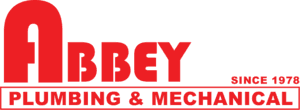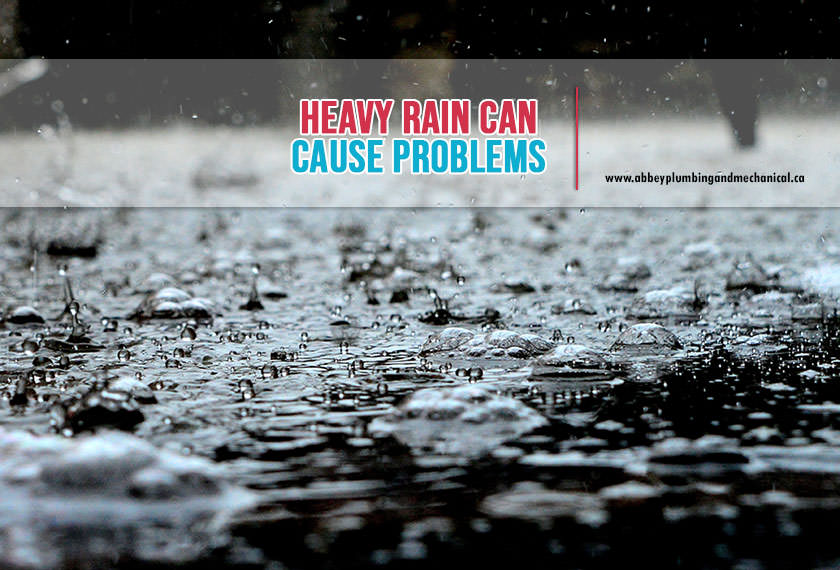
Pipe Up: Prepping Your Plumbing for Heavy Rain
Before the start of the rainy season, avoid problems caused by extreme weather. If you live in an area susceptible to heavy downpours, your home or property may be vulnerable. The network of plumbing and sewage pipes is hidden behind walls and underground; it is often taken for granted and left unattended. To make sure your plumbing system operates smoothly, start preparing your plumbing system before inclement conditions arrive.
Many parts of Ontario (including Burlington, Mississauga, and Oakville) see up to 29% precipitation in late September and early October (with an average of 14 rainy days each month) and up to 3.5 inches of rainfall on a given day.
Protect the stability of your property and the well-being and safety of your family and employees. Read on to learn what can happen in flood conditions, and take proactive steps to ensure your plumbing system is working properly.
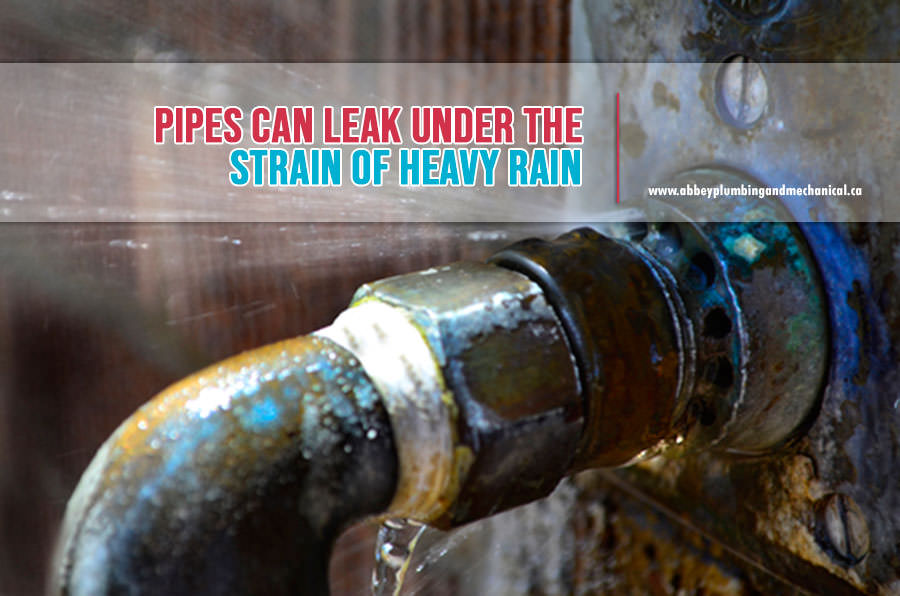
Problems you may encounter during the rainy season:
- Shifting of Underground Pipes
Heavy downpours weaken and soften the earth, turning it into mud. More than just a messy inconvenience, mud can lead to pipe damage. When soil beneath the surface softens, it loosens its hold on underground piping systems, giving the pipes room to move and shift. This shifting can cause pipes to get bent out of shape, resulting in unwanted cracks and leaks.
- Pressure Buildup
When the ground absorbs excessive amounts of rain, there is an increase in the weight of the soil. Pressure builds in pipes, raising the risk of damage. Particularly older and more worn out piping (or ones that have been previously damaged) are most vulnerable. Though newer plumbing systems are built to be more durable, other factors (whether natural or man-made) can contribute to wear.
- Backups
Backups can result from the combination of increased pressure and shifting of pipes that creates cracks in the underground piping system. These cracks allow soil, pebbles, and other debris to enter pipes, leading to clogs and blockages, causing the water to back up into your home or commercial building.
- Backdrafting – Backdrafting is the result of negative air pressure (caused by fireplaces and ventilation systems) drawing in gases and other harmful byproducts through the plumbing system and into a building. Though these sewage byproducts can normally be found a safe distance from a building, heavy rain and piping blockages can push them back through the pipes. This event can spread foul odours throughout the inside of a building and be hazardous to people inside.
- Flooding – Heavy rains, combined with backed up plumbing systems, can cause water to accumulate above the foundation of a building, resulting in flooding in the basement or lower levels. The smallest cracks in a basement foundation can allow water to enter the basement, leading to serious property damage and the need for repairs.
- Growth of Mould – Mould grows in damp and dark areas. Water seeping into a building creates an environment that will allow it to thrive. If left unchecked, mould can damage stored items (e.g. paper, cardboard, fabric) and furniture or upholstery kept in these areas. Mould can also cause health problems (e.g. eye irritation, skin irritation, coughing, wheezing, and severe allergic reactions) among those who are especially sensitive to it.
- Compromised Foundation – A significant amount of water in the basement, underground storage area, or around the building can compromise the foundation. This makes the building unsafe and in need of major repairs.
Water that seeps into your basement or low-lying areas can lead to:
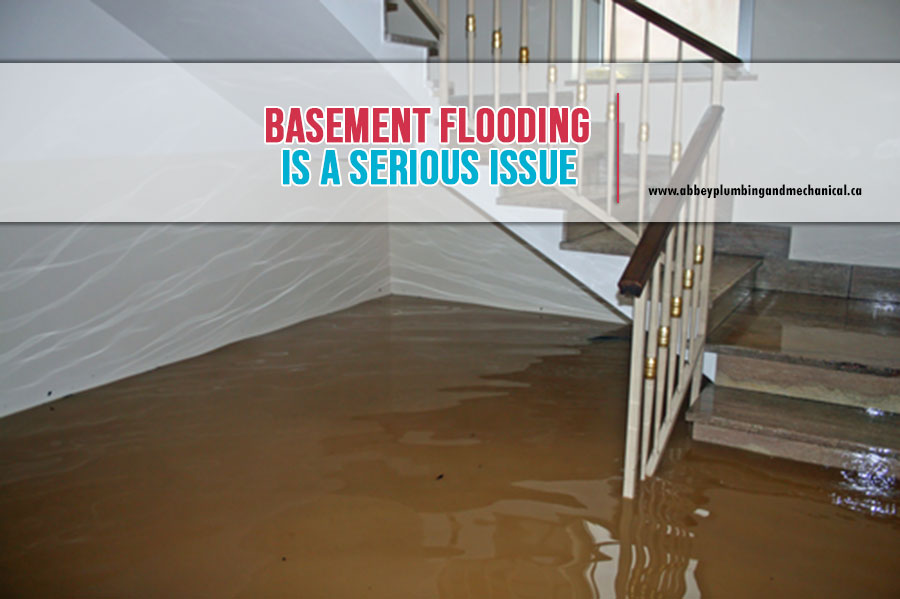
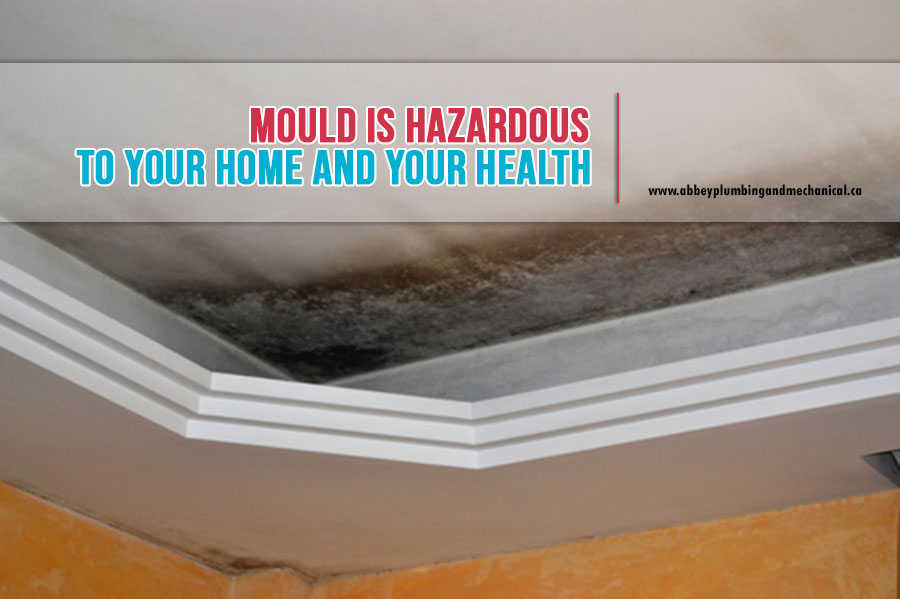
Prevention is key to keeping problems at bay
Having the proper preventive measures in place can help property owners avoid weather-induced plumbing issues. Avoid the trouble of having to fix these problems; be proactive and circumvent the resulting repairs and replacements.
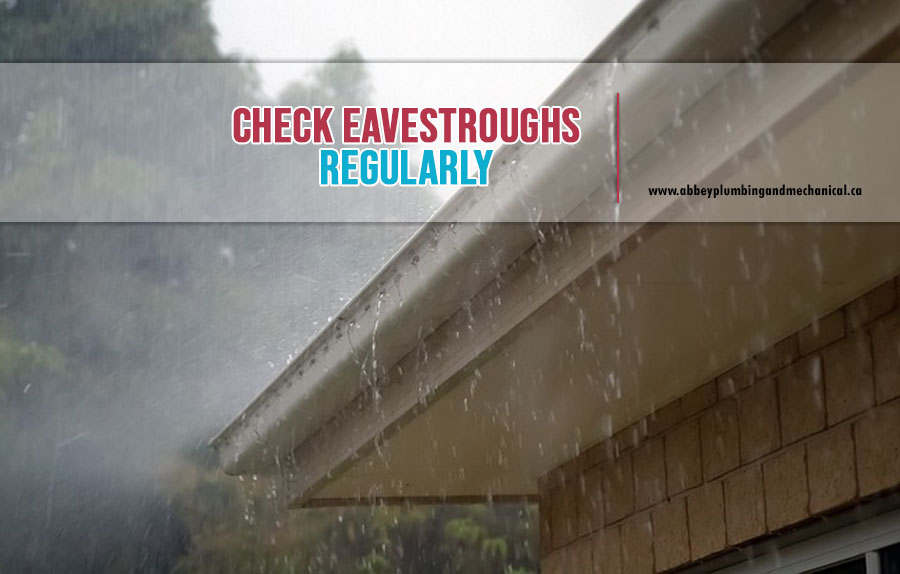
- Remove debris from the roof and gutters
Heavy rainfall can wash away the debris (such as leaves and twigs) that have accumulated on your roof and in your gutters, sending them into your pipes and sewers. This can contribute to clogging and backups.
To prepare for any sudden downpour, keep your roof and gutters clean at all times of the year rather than waiting for all your trees to shed their leaves during autumn. This is particularly important if your building is in an area susceptible to heavy rains during the season.
- Install a backwater check valve
A backwater check valve (i.e. a sewer backflow valve) is a device used to ensure that water and sewage flow in only one direction (away from your property). This device prevents water flow from travelling indoors through municipal sewer lines. If your residence or place of business is located in an area prone to heavy rains or flooding and is connected to the municipality’s sewer system, have a backwater valve installed and maintained twice every year.
- Install sewer traps
Sewer traps are plumbing devices designed to prevent clogs and blockages from forcing sewage water and noxious gases into a building. Sewer traps come in many shapes (S, Q, U, and J); they allow water to be trapped and create a reservoir at the bottom, creating a barrier that protects the building from any backdraft of harmful sewage gases.
- Tighten trap plugs
If you already have sewer traps installed, tighten the trap plugs before the onset of rainfall. If the trap plugs are old or worn, have them replaced with new ones to make sure your sewer traps are fully functional. If you don’t know how to correctly tighten those plugs, you may cause damage. Call a professional plumber for help.
- Keep your plumbing well-maintained
Property owners need to stay on top of plumbing maintenance to avoid damage brought by heavy downpours. Regular inspections enable you to discover cracks or wear in pipes and other plumbing parts, and make arrangements for necessary repairs or replacements. Plumbing maintenance allows you to save money
in the long run. - Seek the help of licensed plumbers
To avoid losing valuable possessions, enduring property damage, or having to pay for replacements or repairs, hire a professional plumber to inspect the condition of your plumbing. Preventative measures can help you avoid a flood (or broken pipes when sub-zero temperatures hit).
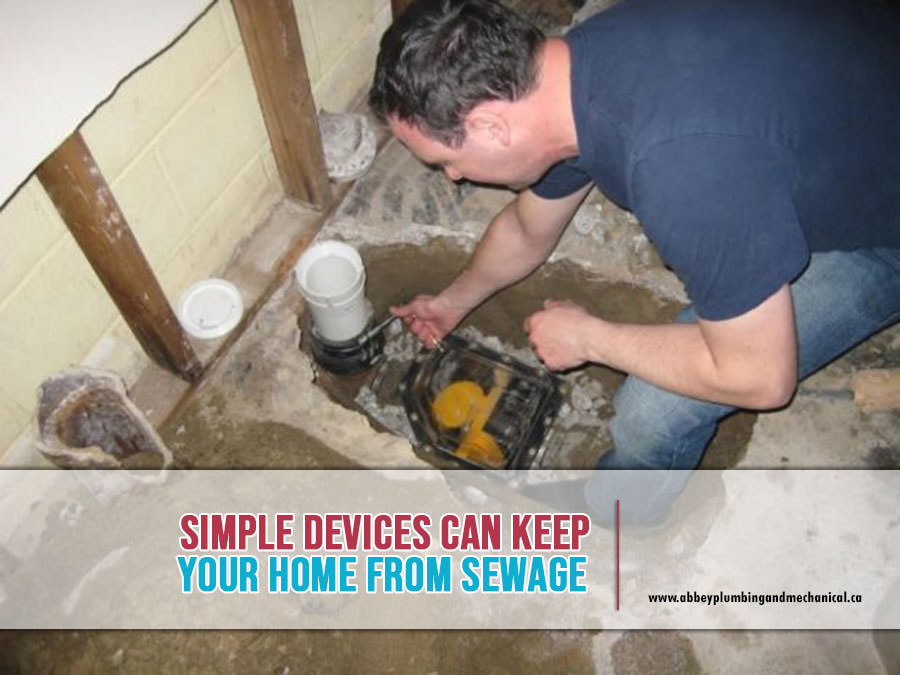
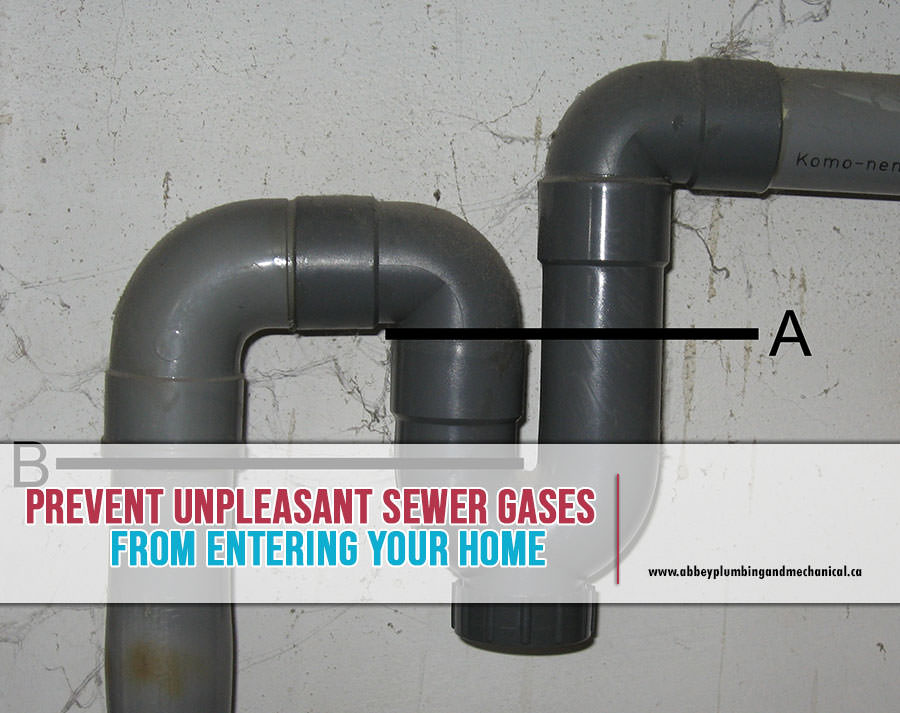
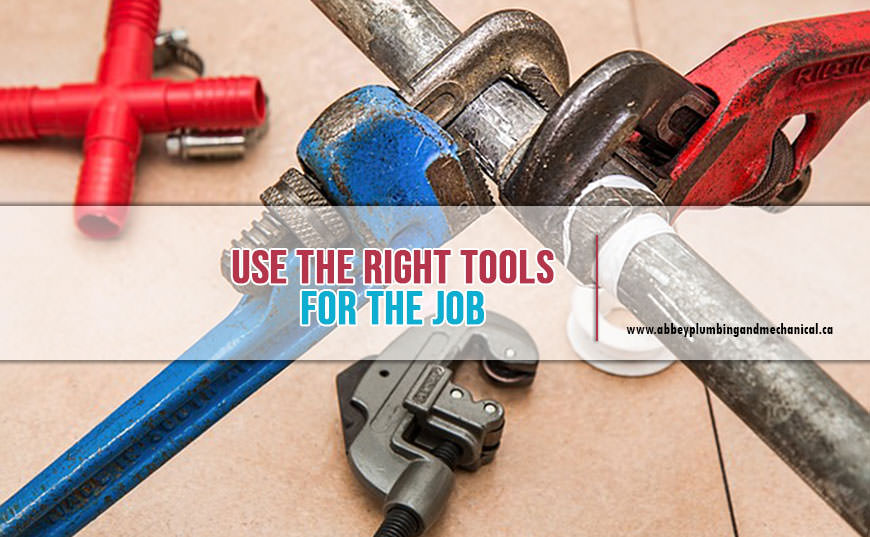
Heavy rains and storms can cause problems for your home or business, risking both the integrity of your property and the health of residents or employees. Keep your investments safe by preparing your pipes to withstand the onslaught of heavy downpours this fall season.
For reliable plumbing services by licensed plumbers in Mississauga, Oakville, or Burlington, contact Abbey Plumbing and Mechanical. We offer maintenance and repairs for plumbing systems and 24/7 emergency plumbing services. Call us at (905) 822-0521. There’s no job too small for us!
